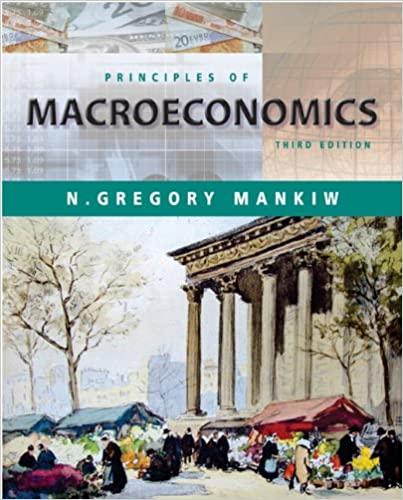11. An article in The Wall Street Journal (June 26, 1990) about sugar beet growers explained that...
Question:
11. An article in The Wall Street Journal (June 26, 1990) about sugar beet growers explained that “the government props up domestic sugar prices by curtailing imports of lower-cost sugar. Producers are guaranteed a ‘market stabilization price’ of $0.22 a pound, about $0.09 higher than the current world market price.” The government maintains the higher price by imposing an import quota.
a. Illustrate the effect of this quota on the U.S. sugar market. Label the relevant prices and quantities under free trade and under the quota.
b. Analyze the effects of the sugar quota using the tools of welfare analysis.
c. The article also comments that “critics of the sugar program say that [the quota] has deprived numerous sugar-producing nations in the Caribbean, Latin America, and Far East of export earnings, harmed their economies, and caused political instability, while increasing Third World demand for U.S. foreign aid.” Our usual welfare analysis includes only gains and losses to U.S.
consumers and producers. What role do you think the gains or losses to people in other countries should play in our economic policymaking?
d. The article continues that “at home, the sugar program has helped make possible the spectacular rise of the high-fructose corn syrup industry.” Why has the sugar program had this effect? (Hint: Are sugar and corn syrup substitutes or complements?)
Step by Step Answer:







